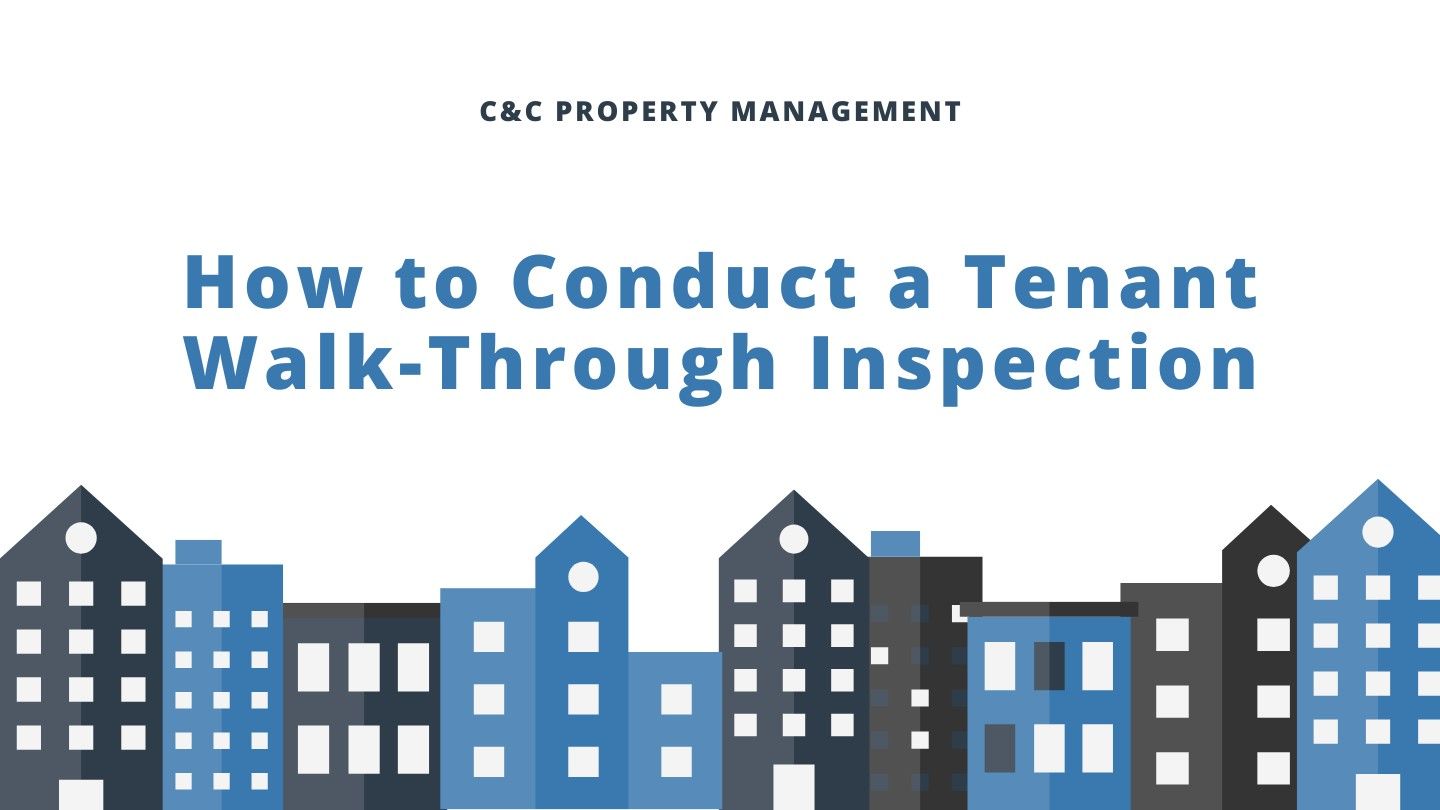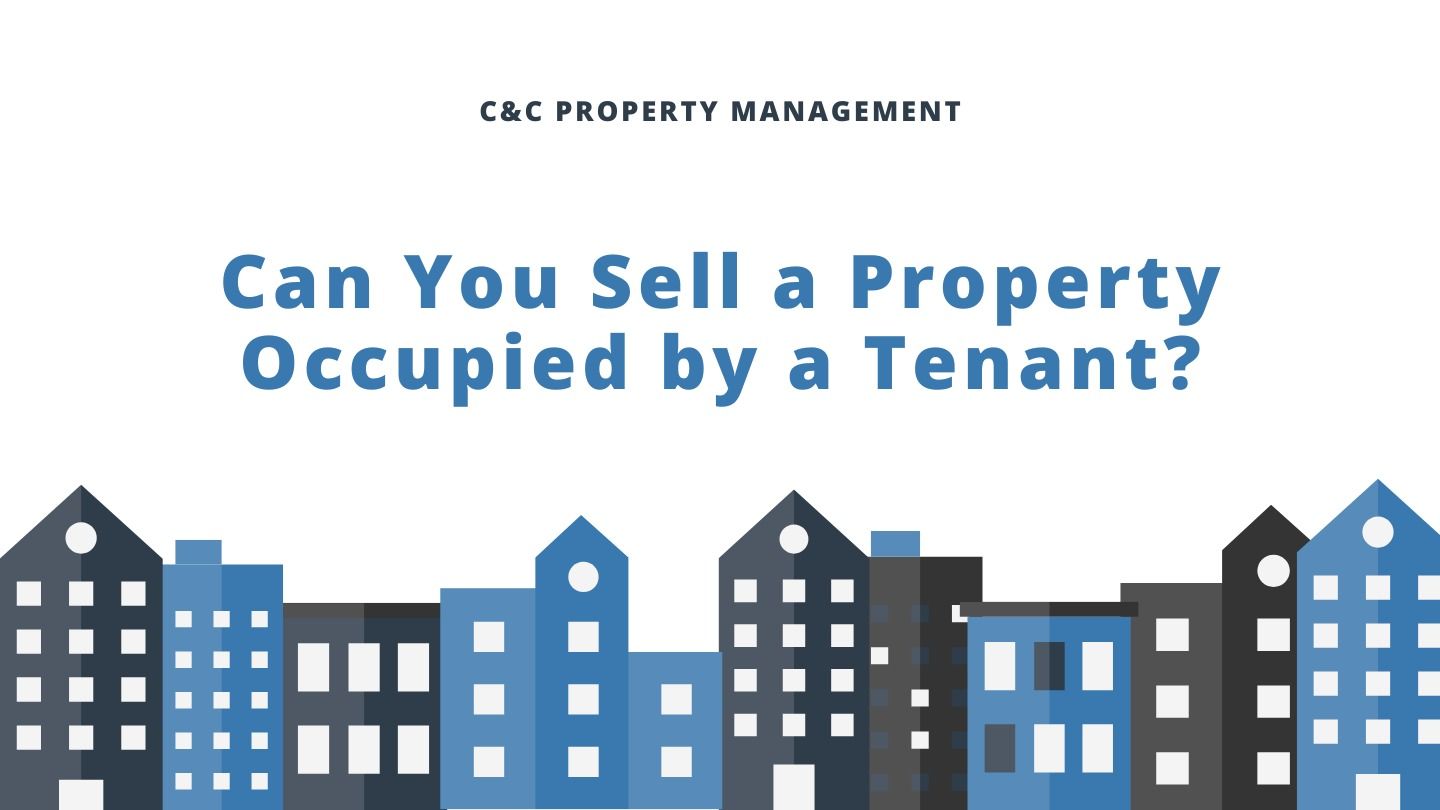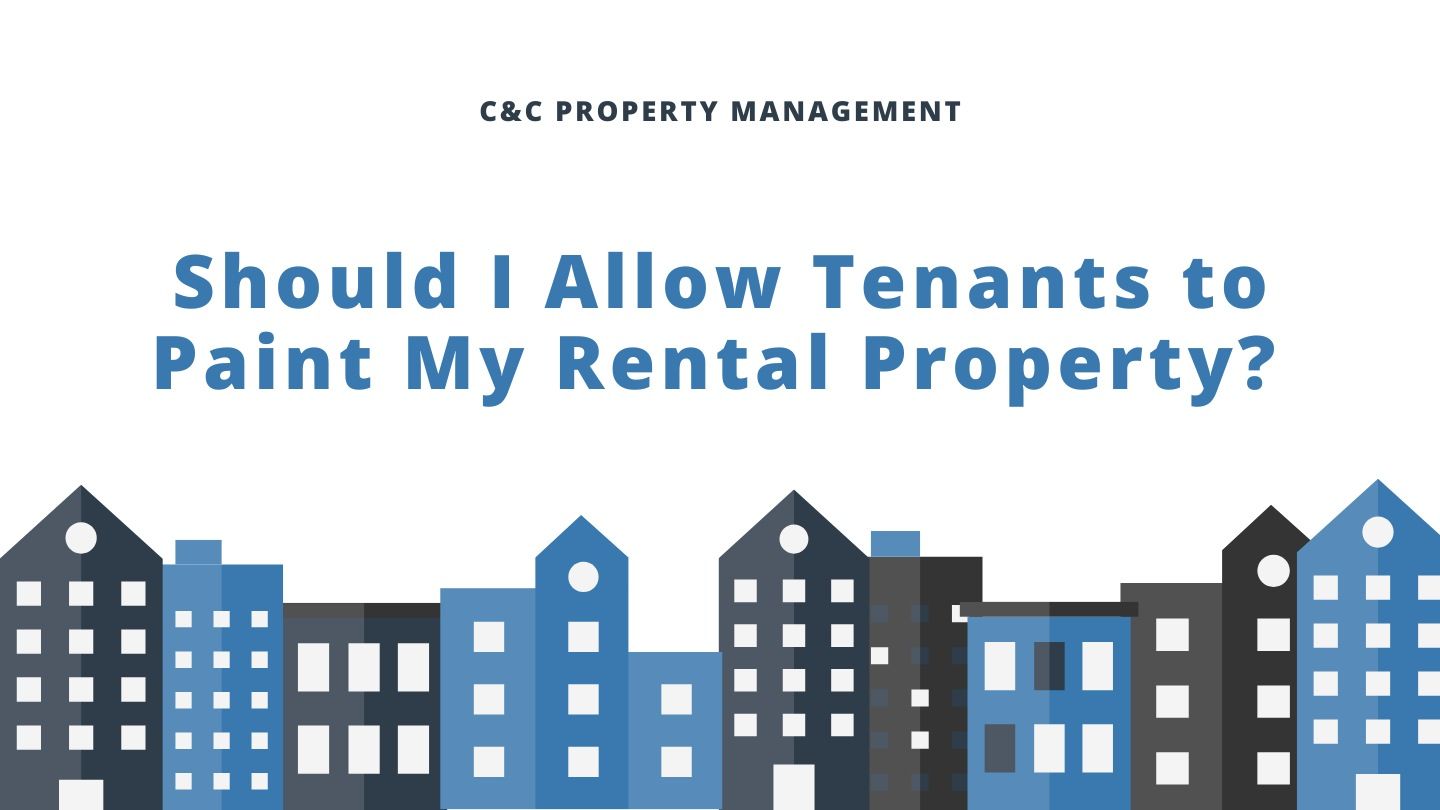What to do if the Deposit Doesn’t Cover Unpaid Rent?
What happens when a resident moves out, and the deposit doesn’t even come close to covering unpaid rent? As a landlord, this is one of the most frustrating scenarios—you're left with a gap that can impact your cash flow and profitability. Security deposits are meant to provide a safety net, but sometimes they fall short when faced with lingering rent arrears.
So, what are your next steps? In this guide, we’ll explore practical solutions that help you recover outstanding payments while safeguarding your rental business. Whether you manage single-family homes or multi-family properties, understanding your options will empower you to handle this challenge confidently and minimize financial loss.
Top 9 Effective Strategies for Handling Unpaid Rent Beyond the Deposit
Here are nine of the best practices landlords can follow when the deposit doesn’t cover unpaid rent:
1. Review Lease Terms
Start by reviewing your
lease agreement thoroughly. This document should outline the security deposit terms, rent collection, and any penalties for unpaid rent. A well-drafted lease will include clear provisions that allow you to pursue additional funds if the deposit doesn't cover unpaid rent.
If your lease is vague or lacks these specifics, it’s important to revise it for future residents to avoid similar issues. A solid lease agreement serves as the legal foundation that protects you in disputes, ensuring that you have every right to seek further compensation for unpaid rent.

2. Communicate With the Tenant
Open and
direct communication is often the simplest solution. Contact the former resident and explain the situation clearly, referencing the unpaid rent and the fact that their deposit doesn’t cover the full amount. Sometimes, residents are unaware of the shortfall or may be willing to negotiate a payment plan.
Being respectful and professional can lead to a quick resolution without the need for legal action. This step shows your willingness to work out a solution amicably, which could save time and resources.
3. Send a Formal Demand Letter
If verbal communication doesn’t lead to a resolution, the next step is to send a formal demand letter. This letter should detail the outstanding balance, including how the deposit was applied, and request payment by a specific deadline. Be sure to include your intent to pursue legal action if the debt remains unpaid.
A demand letter demonstrates that you are serious about collecting the outstanding rent and gives the resident one last chance to settle before things escalate further. Keep a copy of this letter as it will be useful if the matter proceeds to court.
4. Document Everything
Detailed documentation is essential to protect yourself legally and financially. Keep accurate records of all unpaid rent, how the deposit was applied, and all interactions with the former resident, including phone calls, emails, and letters.
Having clear documentation not only strengthens your case if legal action is necessary, but it also helps demonstrate that you’ve made every reasonable attempt to recover the money before escalating the situation. Good record-keeping is key to avoiding miscommunications and ensuring you have evidence to support your claims in case of disputes.

5. Pursue Small Claims Court
If
professional communication and demand letters don’t resolve the unpaid rent, filing a claim in small claims court is a viable next step. Small claims courts are designed to handle cases involving smaller sums, and this process is often quicker and less expensive than more formal legal proceedings.
You don’t need a lawyer to file, but you’ll need all your documentation, including the lease agreement, payment records, and communication history. Presenting a clear, well-documented case increases your chances of winning a judgment for the unpaid rent.
6. Consult Legal Counsel
Before taking legal action, especially if the amount owed is substantial, it’s wise to consult with an attorney. A legal professional can guide you through your options, ensuring you follow state and local landlord-tenant laws. They can also help you weigh the costs and benefits of pursuing legal action.
If the unpaid rent is significant, legal counsel can assist in drafting a solid case or negotiating a settlement. Additionally, a lawyer can advise you on steps to prevent this issue from recurring, such as fine-tuning
lease agreements or modifying rent collection procedures.
7. Consider Hiring a Collection Agency
If legal action isn’t feasible or the debt remains unresolved after a court judgment, hiring a collection agency may be an effective option. These agencies specialize in recovering unpaid debts, allowing you to focus on managing your properties without being bogged down by unpaid rent issues.
While collection agencies typically take a percentage of the recovered amount, they have the resources and expertise to recover debts that you may not be able to collect on your own. This option is particularly useful when dealing with unresponsive or hard-to-locate former residents.

8. Review Future Screening Procedures
Learning from this situation is crucial for preventing similar issues in the future. Reevaluate your
tenant screening process to minimize the risk of renting to individuals who may default on payments. Implementing more thorough credit checks, employment verification, and rental history reviews can help identify potential red flags before leasing to new residents.
9. Utilize Rent Guarantee Insurance
To safeguard your rental income moving forward, consider investing in rent guarantee insurance. This type of insurance can cover unpaid rent when a resident defaults, offering peace of mind and protecting your cash flow. Though it’s more of a proactive measure,
rent guarantee insurance is particularly helpful in situations where a deposit doesn’t fully cover the loss.
It can also save you from the lengthy process of pursuing unpaid rent through legal channels. This strategy provides an additional layer of security, especially if you're managing multiple properties or residents with varying financial stability.
Bottom Line
Dealing with unpaid rent can be overwhelming, but you don’t have to face it alone. At
C&C Property Management, we specialize in helping landlords like you navigate these challenges with ease. Our experienced team offers tailored solutions, from legal guidance to collection strategies, ensuring you recover what’s owed and protect your investment.
Contact C&C Property Management today to discuss the best course of action for your situation and keep your rental business thriving.








